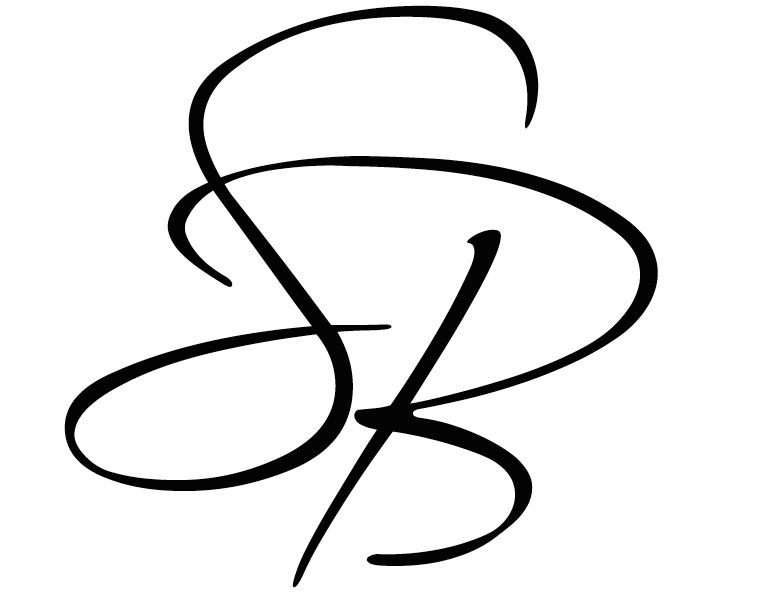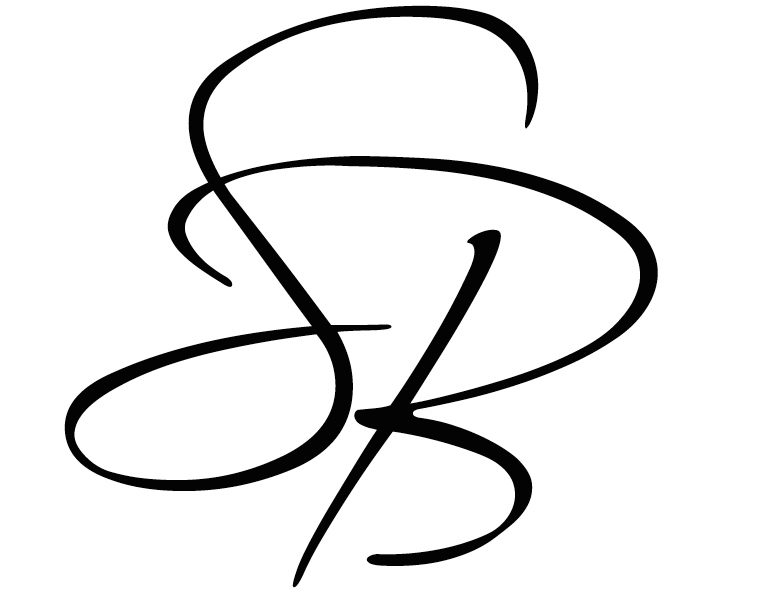To Share or Not to Share?
Social Media and Your Cancer Diagnosis
There is very little information in today’s world that can’t be found by a few strokes of a keyboard. Information is literally at our fingertips in an instant. Social media feeds expose us to additional sources of information and opinion that we might not otherwise seek out. Social media also allows us to instantly share information across our broad network of friends and family.
When you receive the diagnosis of cancer, it is overwhelming. Most people need time to absorb the news and consider the implications of their diagnosis on their life, their family and their friends. Once the initial shock passes, many struggle with how to, or whether they should, share their cancer diagnosis beyond those in their immediate circle.
Sharing your diagnosis is a deeply personal choice. Some people live their life as an open book, and the cancer diagnosis is simply another chapter that they share as any other bit of news. Some people are more private, preferring to keep such details of their life out of everyday conversation.
Social media brings another element into the decision. Information can spread immediately, and whether or not you choose to keep your diagnosis private, there are a few things to consider.
If you’re requesting privacy, be sure to let any friends and family know that you prefer the news stay out of the social world. Some people send prayer requests or other updates without meaning any harm, but still expose your private situation to the eyes of others, prompting questions.
If you choose to share your journey on social media, be prepared for the inevitable questions and notifications from your friends and followers. Choosing to share such information has benefits and disadvantages. Sharing your condition may help dispel rumors. You benefit from supporters and their positive messages, you may find new information about treatments and clinical trials, and form bonds with survivors and other cancer patients.
“When my mother recently was diagnosed with cancer we shared as a way to stay connected to so many people,” said Shelley Hartmann, daughter of a breast cancer survivor. “The more prayers you have, I believe, does help you get better. It did help to stay connected, as we found so many other people that had similar situations, and it was a way for my mother to talk to them and discuss different treatments, etc.,” she added.
Keep in mind, however, that sharing your diagnosis may mean personal questions from well-meaning friends and family regarding your symptoms, treatments, prognosis and other information.
Also, once you have chosen to share the information, it can’t be taken back. You may choose to stop communicating about it, but the news is still out there, and your friends and followers will, naturally, continue to be concerned about your health. Be certain of your decision.
For those who are somewhere in the middle of an open book and intensely private, some social media platforms allow you the option to share information with only a select group of contacts, which may be more comforting for some, rather than broadcast their news to their entire friend or follower group. If you don’t know how to restrict your information to certain groups, ask a social media proficient friend or family member to help you set up this option.
Navigating the frontier of personal news in the age of social media can be a big decision with many implications. When it comes to sharing a cancer diagnosis, there’s no right or wrong choice. Only you can decide if your social network will be an additional unwanted burden or provide support and comfort during your journey.
This was written for my client VCU Health, Baird Vascular Institute and originally appeared on their blog, insidebvi.com
Back to work

